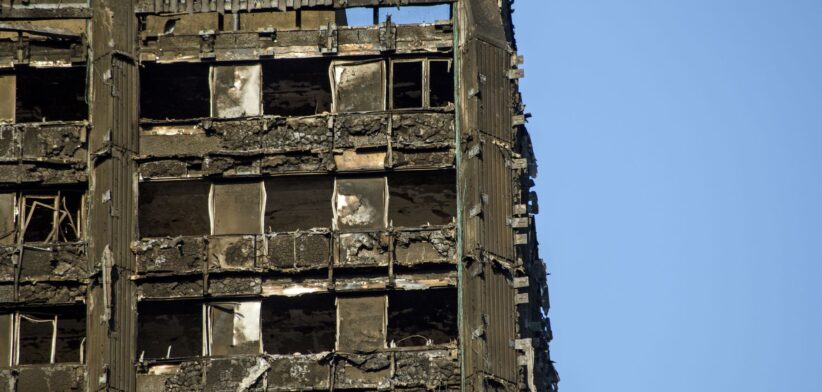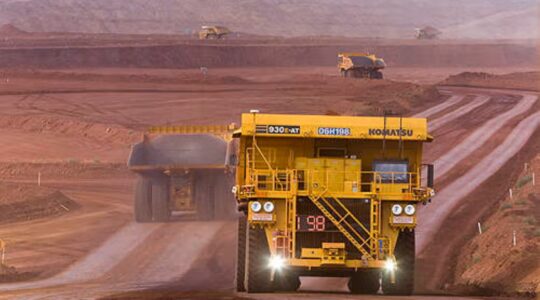Queensland still has 800 “ticking time bombs” waiting for remedial building work, almost seven years after the danger of combustible cladding grabbed global attention.
The Strata Community Association of Queensland (SCAQ) has called on the State Government to provide the support and services needed for removal of combustible cladding from buildings across the state.
SCAQ General Manager Laura Bos said about 800 buildings across Queensland remained impacted by the highly-flammable material.
“Stop passing the buck on combustible cladding rectification or lives will be lost,” Ms Bos said.
In June 2107, 72 lives were lost in UK’s Grenfell Tower fire, which led to global action on bans and rectification, including the State Government completing mitigation work on a range of public buildings.
However, Ms Bos said the Government continued to say rectification of private buildings was an issue for private owners.
“What this position fails to acknowledge is that these people did nothing wrong,” she said.
“They bought in good faith into buildings that had been approved by the State Government.”
Ms Bos said those who could afford to fix the issue had done so, but those who couldn’t were some of society’s most vulnerable people.
She said that with the evolution of amenities, such as electric vehicle charging systems, which have been earmarked as fire risks, these properties were now ticking time bombs.
“We recently saw news reports of a unit explosion in New Farm that was caused by a charging electric scooter,” she said.
“In this case the building was brick, but it’s only a matter of time before we face a similar issue in a building that features combustible material.
“If that happens, lives could well be lost.”
Ms Bos also pointed to the tangible impact the known risk of combustible cladding was having in driving up insurance premiums.
Noting that other states – including New South Wales and Victoria – had already taken action, she called for the Queensland Government to finally commit to full rectification.
She said SCAQ was advocating for a program modelled on the ACT’s Private Building Cladding Scheme, which offered low-interest-rate concessional loans for combustible cladding removal and replacement.
“We’re looking for a hand-up for people, not a handout,” Ms Bos said.
“It’s about acknowledging that this is a critical safety issue and the government needs to take definitive action.”








